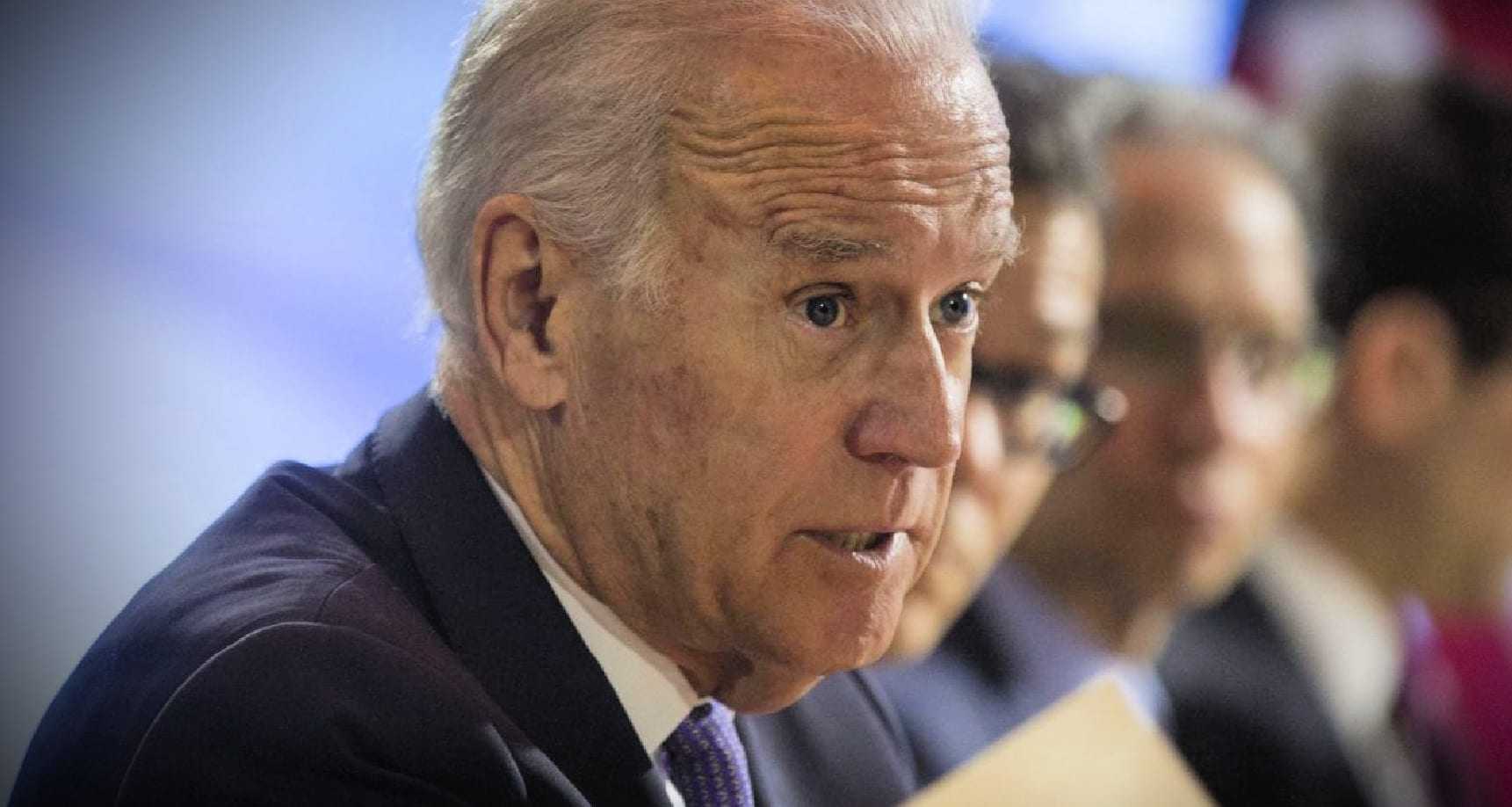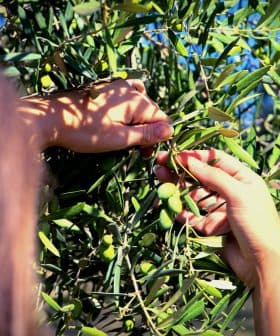Trump's Days in Power Are Numbered, But His Tariffs May Endure

President-Elect Biden has outlined his priorities for when he takes office on January 20, including reviving the economy, tackling climate change, and potentially resetting trading relations with the European Union. Spanish olive oil and table olive producers are hopeful that Biden will undo tariffs imposed by the Trump administration, but trade experts believe reversing these tariffs may be difficult and require significant political capital.
President-Elect Joseph R. Biden Jr. will not take office until noon on January 20, however that has not stopped the former vice president from letting his priorities be known.
“We all agree that we want to get the economy back on track,” he said in a televised speech earlier this week. “We need our workers to be back on the job by getting the virus under control.”
Things are not going to get worse. Theoretically, with Biden, we now have a better chance of reducing tariffs.
Beyond combating the spread of the Covid-19 pandemic and reviving the U.S. economy, Biden has also pledged to tackle climate change, which endures as a top concern for olive oil producers around the world.
Kimberly Houlding of the American Olive Oil Producers Association (AOOPA) told Olive Oil Times, “AAOPA understands climate change will be a priority for President-Elect Biden, which is expected to impact the administration’s natural resources policy, especially as it relates to water, land use and Endangered Species Act – issues that are important to agriculture production.”
See Also:Goya CEO Faces Backlash for Praising Trump“Olive trees are drought tolerant, do well on lower quality soil and require few inputs,” Houlding added. “Therefore, we could see an expansion of olive oil production as farmers look to diversify their farming portfolios.”
Beyond the issue of climate change, Houlding said that how the Biden administration will impact U.S. olive oil producers would be determined by his cabinet selections.
Meanwhile, on the other side of the Atlantic, there is optimism that Biden will reset trading relations with the European Union.
Many olive oil and table olive producers in Spain are hopeful that the new president will not impose any new tariffs on E.U. goods and will work to undo those imposed by the Trump administration.
See Also:Tariffs“Things are not going to get worse,” Antonio de Mora, the secretary general of the Spanish Association of Exporters and Industrialists of Table Olives (Asemesa), told Hoy. “Theoretically, with Biden, we now have a better chance of reducing tariffs.”
Currently, Spanish black olive imports face a 35 percent duty, which came into force after the U.S. Trade Representative and U.S. Commerce Department accused Spanish olive producers of violating anti-subsidy and anti-dumping laws.
Four different types of Spanish green table olive imports also face a 25 percent tariff, which was implemented as part of a package of countermeasures awarded to the U.S. by the World Trade Organization after the European Union was found to have been illegally subsidizing the aircraft manufacturer Airbus.
“When a very high tariff is set for a country, other countries take the opportunity to enter it,” de Mora said. “And here Morocco, Egypt and Turkey have taken advantage of Trump’s obstacles to Spanish products. And reversing that later has its difficulties.”
Along with table olives, imports of Spanish virgin and non-virgin olive oil in all of its fractions in containers of less than 18 kilograms (39.7 pounds) also face a 25 percent tariff.
However, U.S.-based trade experts have said that the Trump administration’s tariffs on European goods will be both difficult to undo and require large amounts of political capital that Biden may be unwilling to spend.
“The next administration would have the option of reversing the decision, but that might be unlikely,” Douglas Irwin, who studies U.S. trade policy and teaches at the economics department of Dartmouth College, told Olive Oil Times in a 2019 interview. “The most plausible outcome would be some U.S.-E.U. agreement on subsidies that would allow the tariffs to be removed.”
Iriwn added that the tariffs would need to be removed by executive action. Biden has promised a wide range of executive actions, many of which will be focussed on controlling the Covid-19 pandemic, rejoining the Paris Climate accords and immigration reform.
“If Joe Biden wins, he will likely seek to reverse some of Trump’s more protectionist pushes,” Geoffrey Gertz, a global economy and development fellow at the Brookings Institution, wrote just before the election. “Yet he appears unlikely to simply return to the trade paradigm of the Clinton, George W. Bush, and Obama administrations.”
Gertz added that Biden is likely to have a more confrontational trade policy than his former boss did. Pressure from both the left wing of the Democratic party and his longstanding alliance with the country’s labor unions are both likely to affect how a Biden administration negotiates trade deals.
While Biden has publicly criticized the Trump administration’s ‘America First’ policy, the president-elect has also said he would focus on improving conditions for American workers and businesses before looking to cut new trade deals abroad.
“I won’t enter into any new trade agreements until we’ve made major investments here at home, in our workers and our communities – equipping them to compete and win in the global economy,” Biden told the United Steelworkers.
Spain’s table olive and olive oil producers certainly can expect a less combative tone from the president-elect and fewer policy-defining tweets, but the legacy of Trump’s trade policies are likely to persist long after he has left office.









